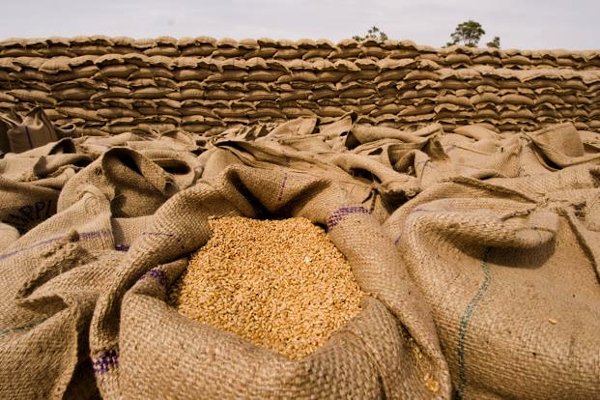The extension of India’s free food grain scheme, Pradhan Mantri Garib Kalyan Anna Yojana (PMGKAY), is not expected to impose a major fiscal impact on the country’s budget in FY24 or FY25, according to senior government officials. This statement comes amidst the government’s commitment to meeting its fiscal deficit target.
India’s fiscal deficit for the April to September period had widened to ₹7.02 trillion, which equated to 39.3% of the annual estimates, up from ₹6.19 trillion during the same period the previous fiscal year, constituting 37.3% of that year’s target, as per government data released last week.
The government has set a fiscal deficit target of ₹17.87 trillion for FY24, which is equivalent to 5.9% of the country’s GDP, compared to the previous fiscal year’s deficit of 6.4%.
Prime Minister Narendra Modi recently announced the extension of the free food grain scheme, Pradhan Mantri Garib Kalyan Anna Yojana (PMGKAY), for another five years, benefiting 800 million impoverished individuals. The scheme, initially launched during the pandemic, was amalgamated with the National Food Security Act in December 2022, and was further extended to the end of this year.
The fiscal deficit is the gap between the government’s income and expenditure, and it indicates the need for external borrowing to cover this deficit.
While the extension of the food grain scheme is expected to increase the requirement for funds to procure grains and consequently lead to higher government spending, the government is confident of achieving its fiscal deficit target for FY24. Officials stated that the rise in grain prices might result in additional spending ranging from ₹5,000 crore to ₹7,000 crore within the food grain scheme.
One of the officials emphasized that the government’s primary challenge is the volatility of global oil prices. The officials also clarified that the ongoing tensions between India and Canada are not anticipated to have a significant impact on Canadian investments in India. Relations between the two nations deteriorated after Canadian Prime Minister Justin Trudeau accused “agents of the Indian government” of being involved in the killing of Khalistani terrorist Hardeep Singh Nijjar in June. In response, India rejected these allegations, deeming them “absurd and motivated.”
The government, buoyed by record numbers in goods and service tax collections and direct tax collections, remains resolute in maintaining its fiscal discipline despite the challenges posed by the PMGKAY extension and external geopolitical matters.
